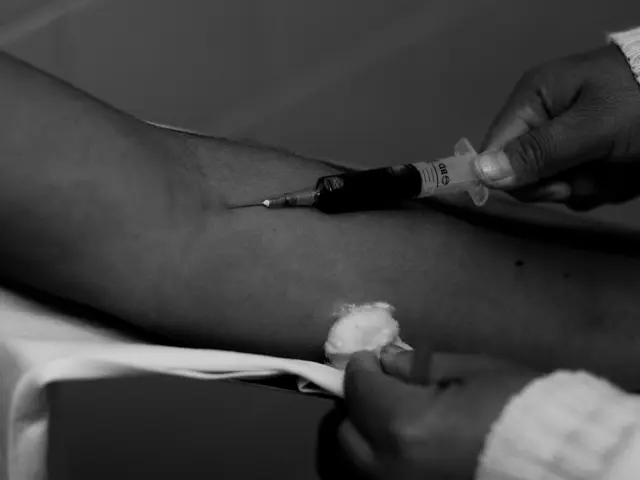uniQure's Gene Therapy AMT-130 Slows Huntington's by 75% in Trials
uniQure, a Dutch-American company, has developed a groundbreaking gene therapy, AMT-130, for Huntington's disease. This progressive brain disorder causes uncontrollable movements and cognitive decline. Recent findings suggest AMT-130 should slow disease progression by up to 75%.
AMT-130, tested in clinical trials involving 29 individuals, showed promising results. Twelve participants received a high dose and were followed for three years. They experienced significantly slower disease progression compared to those without therapy. Lower levels of a nerve damage indicator in spinal fluid confirmed these findings. The therapy was safe and well-tolerated, with a one-time injection into a specific brain area. Further research is needed to confirm long-term effects and safety in larger groups, as well as to optimize administration procedures.
uniQure plans to apply for approval to market AMT-130, starting with the U.S. Food and Drug Administration early next year. If approved, AMT-130 could potentially transform Huntington's disease from an untreatable degenerative condition to one where slowing or halting progression is clinically achievable. This marks a significant step forward in the fight against this devastating disease.
Read also:
- Impact of a Government Shutdown on Citizens
- Medical Specialist Based in Visakhapatnam
- Individuals in New York afflicted by Legionnaires' disease have legitimate legal entitlements. Here's some essential information on the matter.
- Toxic Shock Syndrome: Signs, Origins, Tampon Connection, and Further Details








